Accounting software plays a critical role in managing financial transactions, tracking expenses, generating reports, and maintaining compliance. With numerous options available, selecting the right accounting software for your business is a vital decision. In this blog, we will explore the factors to consider when choosing accounting software and provide a comparison between traditional desktop solutions and cloud-based alternatives. Additionally, we will delve into a comparison of three popular accounting software platforms: Xero, MYOB, and Reckon.
Factors to Consider When Choosing Accounting Software
- Business Size and Complexity: Consider the size of your business and the complexity of your accounting needs. Smaller businesses might require basic features, while larger enterprises might need more advanced functionalities, such as multi-user access, inventory management, or payroll processing.
- Cloud vs. Desktop: Determine whether a cloud-based or traditional desktop solution suits your business better. Cloud accounting offers accessibility, automatic backups, and real-time collaboration, while desktop software can provide more control over data and potentially better offline performance.
- Features and Functionality: Make a list of essential features required for your accounting processes, such as invoicing, bank reconciliation, tax management, and financial reporting. Compare the offerings of different software to ensure they meet your specific needs.
- Scalability: Plan for the future and choose software that can accommodate your growing business and increased accounting demands. Scalability is especially important for long-term success.
- Integration Capabilities: If you already use other business tools like CRM or inventory management software, ensure that the accounting software can seamlessly integrate with them to streamline operations.
Traditional Desktop vs. Cloud Accounting Software
Traditional Desktop vs. Cloud Accounting Software
Desktop Accounting Software:
Pros:
- Data control: You have direct control over your data and can choose where to store it.
- Offline access: You can work without an internet connection.
- One-time payment: Some desktop software offers a one-time purchase option.
Cons:
- Backup responsibility: You need to manually back up data regularly to prevent loss.
- Limited collaboration: Collaboration among team members may be restricted.
- Accessibility: Access is restricted to the device on which the software is installed.
Cloud-Based Accounting Software:
Pros:
- Accessibility: Access your accounts and data from anywhere with an internet connection.
- Real-time collaboration: Multiple users can work simultaneously, enhancing productivity.
Cons:
- Automatic backups: Data is regularly backed up by the service provider, reducing data loss risks.
- Internet dependency: Access requires a stable internet connection.
- Subscription-based pricing: Most cloud solutions require ongoing subscription payments.
Comparison of Xero, MYOB, and Reckon
Xero:
- Cloud-based solution with strong accessibility and collaboration features.
- Offers a user-friendly interface and extensive integrations with third-party apps.
- Well-suited for small to medium-sized businesses, freelancers, and accountants.
- Provides bank reconciliation, invoicing, expense tracking, and payroll capabilities.
- Known for its excellent customer support and regular updates.
MYOB (Mind Your Own Business):
- Offers both cloud-based and desktop versions to cater to different user preferences.
- Well-rounded software suitable for small to large businesses with advanced reporting and inventory management features.
- Provides payroll and time-tracking functionality.
- MYOB AccountRight Live is the cloud-based version with mobility and automatic updates.
Reckon:
- Reckon One is the cloud-based solution designed for small businesses and freelancers.
- Provides customizable modules, allowing users to select only the features they need.
- Offers invoicing, bank reconciliation, payroll, and project tracking features.
- Affordable pricing plans and ease of use are its key strengths.
Conclusion
Choosing the right accounting software is crucial for efficient financial management and decision-making. Consider factors such as business size, features, scalability, and integration capabilities before deciding between traditional desktop and cloud-based solutions. When comparing Xero, MYOB, and Reckon, each software has its unique strengths, catering to various business needs. Evaluate them based on your specific requirements, budget, and long-term objectives to make an informed decision that enhances your accounting processes and helps your business thrive.

